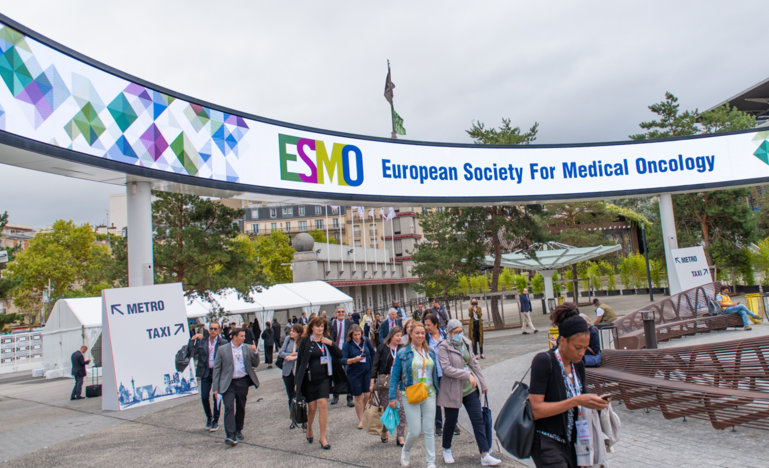
A transcriptomic signature can identify gemcitabine-sensitive patients with pancreatic cancer
Disease-free and overall survival in the PRODIGE-24/CCTG PA6 study were significantly higher in GemPred-positive versus GemPred-negative patients who received adjuvant gemcitabine
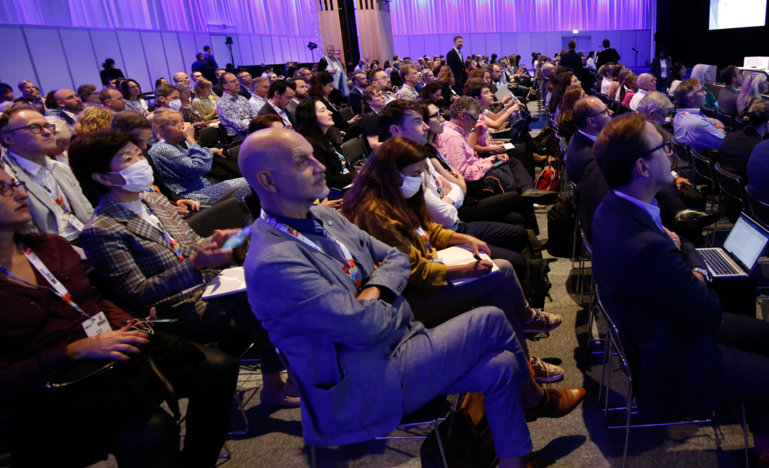
New FGFR inhibitors show potential for the treatment of cholangiocarcinoma
Two early studies investigate the anticancer activity of derazantinib and RLY-4008 in patients with FGFR inhibitor-naïve cholangiocarcinoma
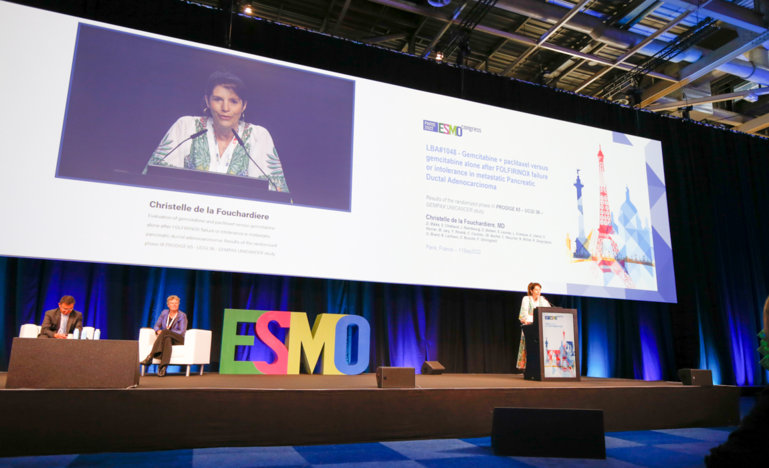
Data from two prospective, randomised phase III trials give new insights into the treatment of pancreatic cancer
Survival benefit from the combination of gemcitabine with paclitaxel and the role of patients’ stratification for FOLFORINOX are investigated in metastatic and locally advanced settings
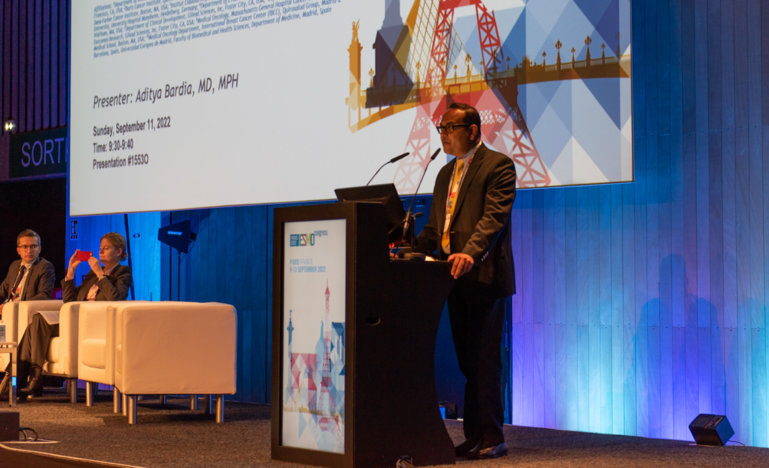
PRO data support the use of antibody–drug conjugates in metastatic breast cancer
Patient-reported data from the DESTINY-BREAST04 and TROPiCS-02 trials may help improve current knowledge of quality of life on long-term treatment
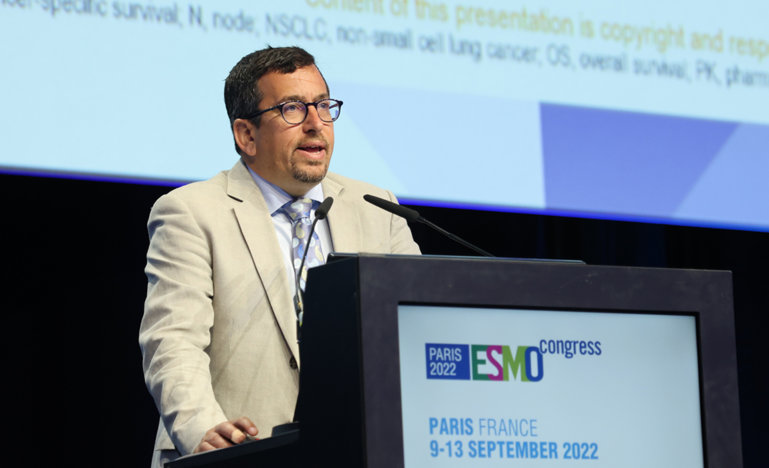
Lack of clinical benefit with adjuvant canakinumab in completely resected NSCLC
Negative results from the CANOPY-A trial do not support use in the adjuvant setting
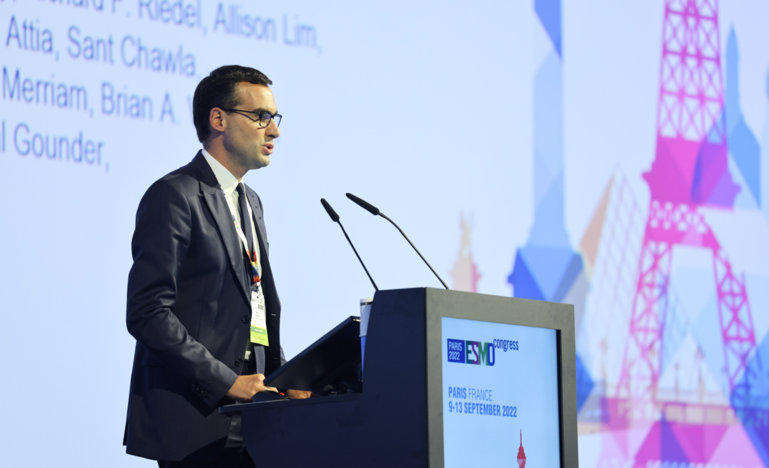
First positive phase III data for a gamma secretase inhibitor in desmoid tumours
Nirogacestat improves progression-free survival in a randomised trial performed in desmoid tumours
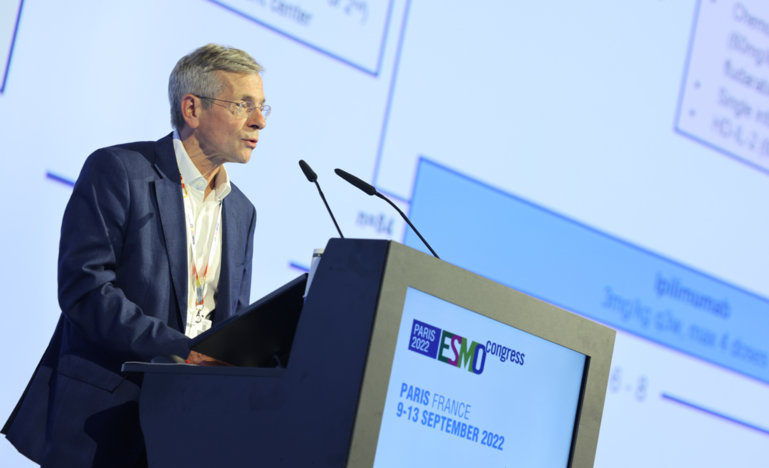
TILs confirm to prolong PFS compared with immunotherapy in advanced melanoma
In a head-to-head comparison to the standard of care, tumour-infiltrating lymphocytes show clinical efficacy even in patients who are refractory to anti-PD-1 treatment
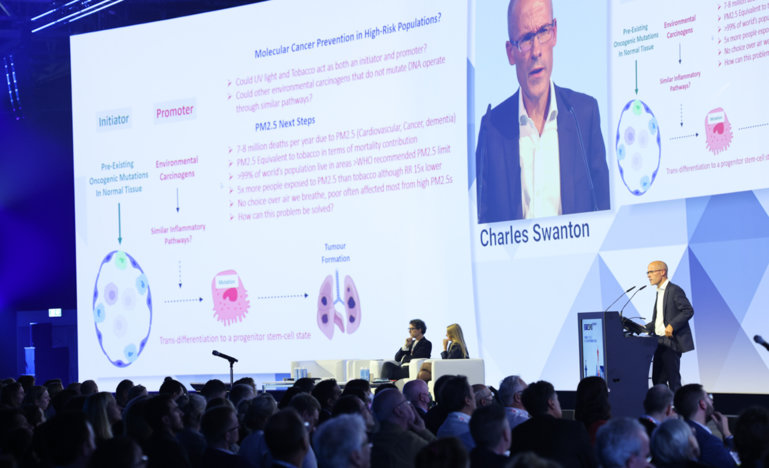
A pathway from air pollution to lung cancer in non-smokers has been identified
In a study presented at ESMO Congress 2022, air pollution is shown to drive interleukin-1β release in cells with EGFR mutations to promote lung cancer development

Next-generation sequencing can identify molecular alterations in glioma: are we ready for targeted treatments?
Three studies support the use of NGS to better understand the molecular drivers of this brain tumour, but effective targeted treatments are still lacking

Durvalumab plus cisplatin/gemcitabine is now standard of care for patients with advanced/metastatic biliary tract cancer
Updated overall survival data from TOPAZ-1 confirm clinically meaningful benefit of adding durvalumab to cisplatin/gemcitabine
